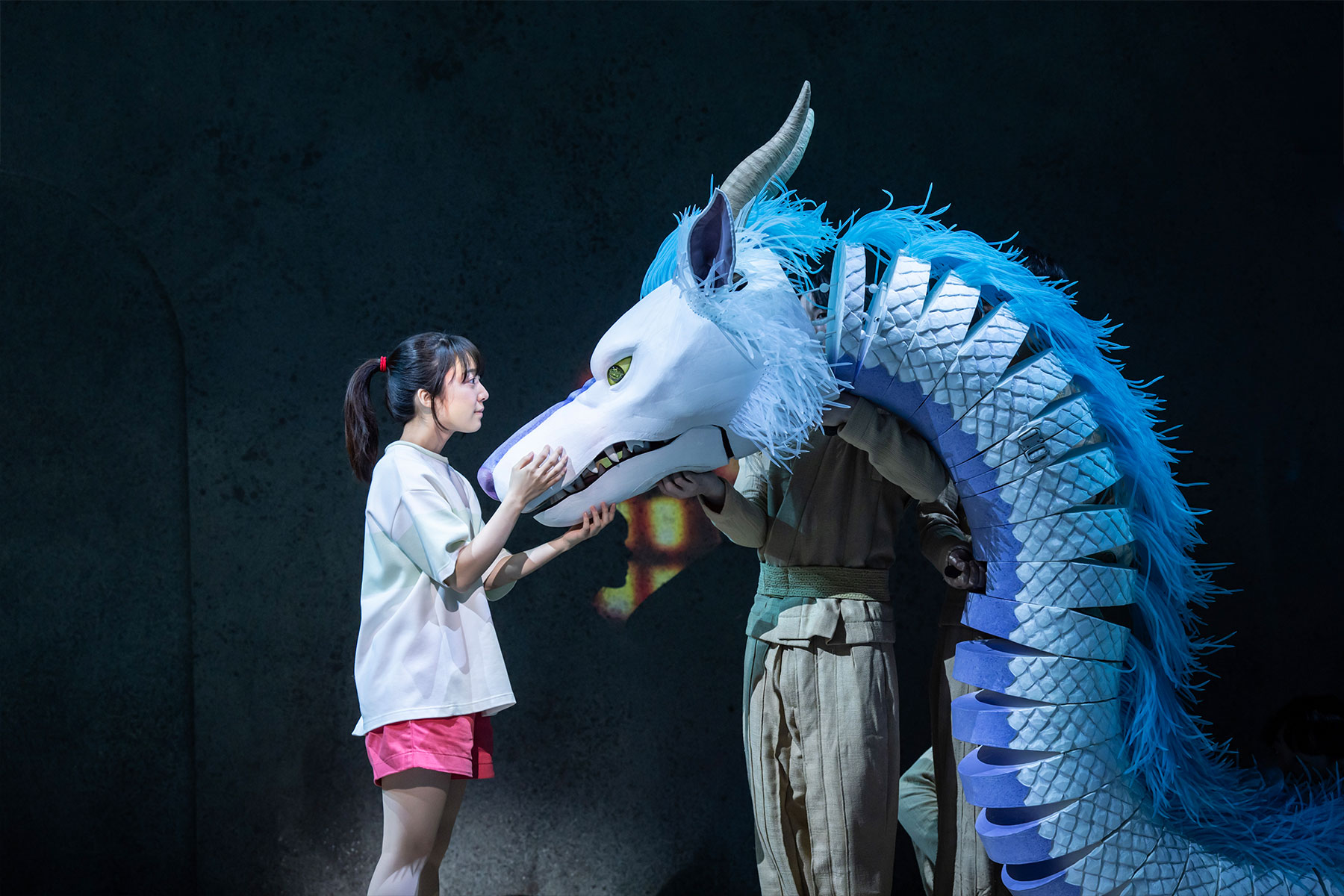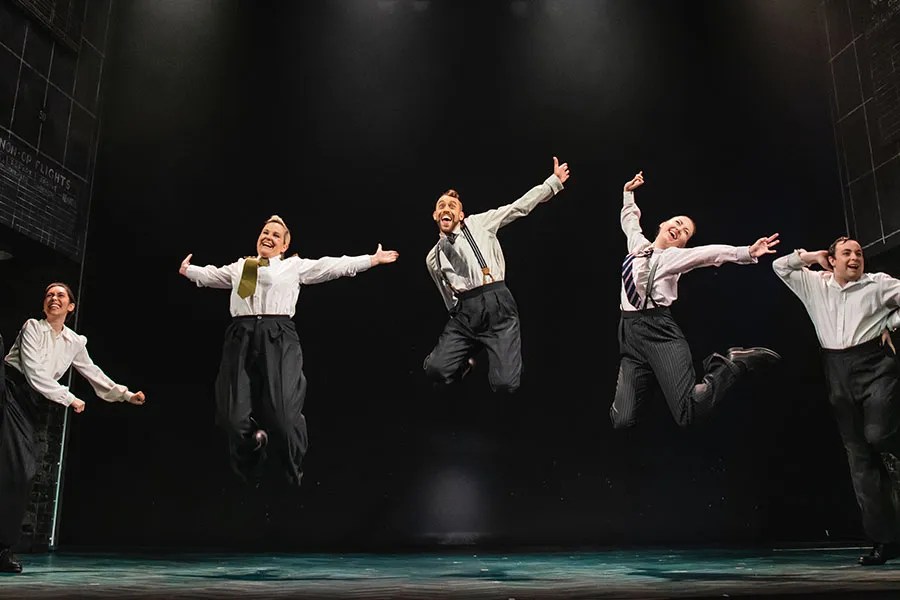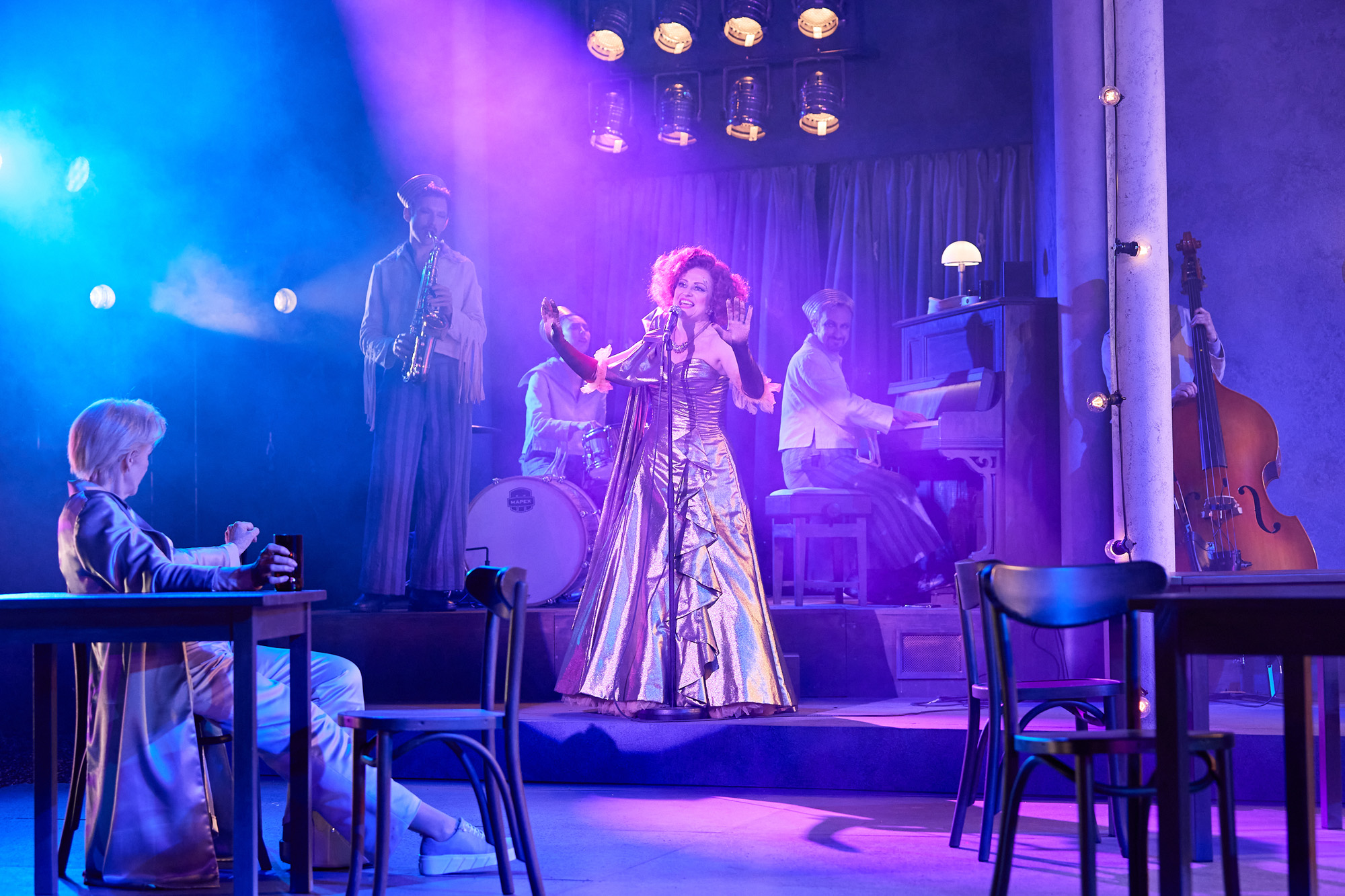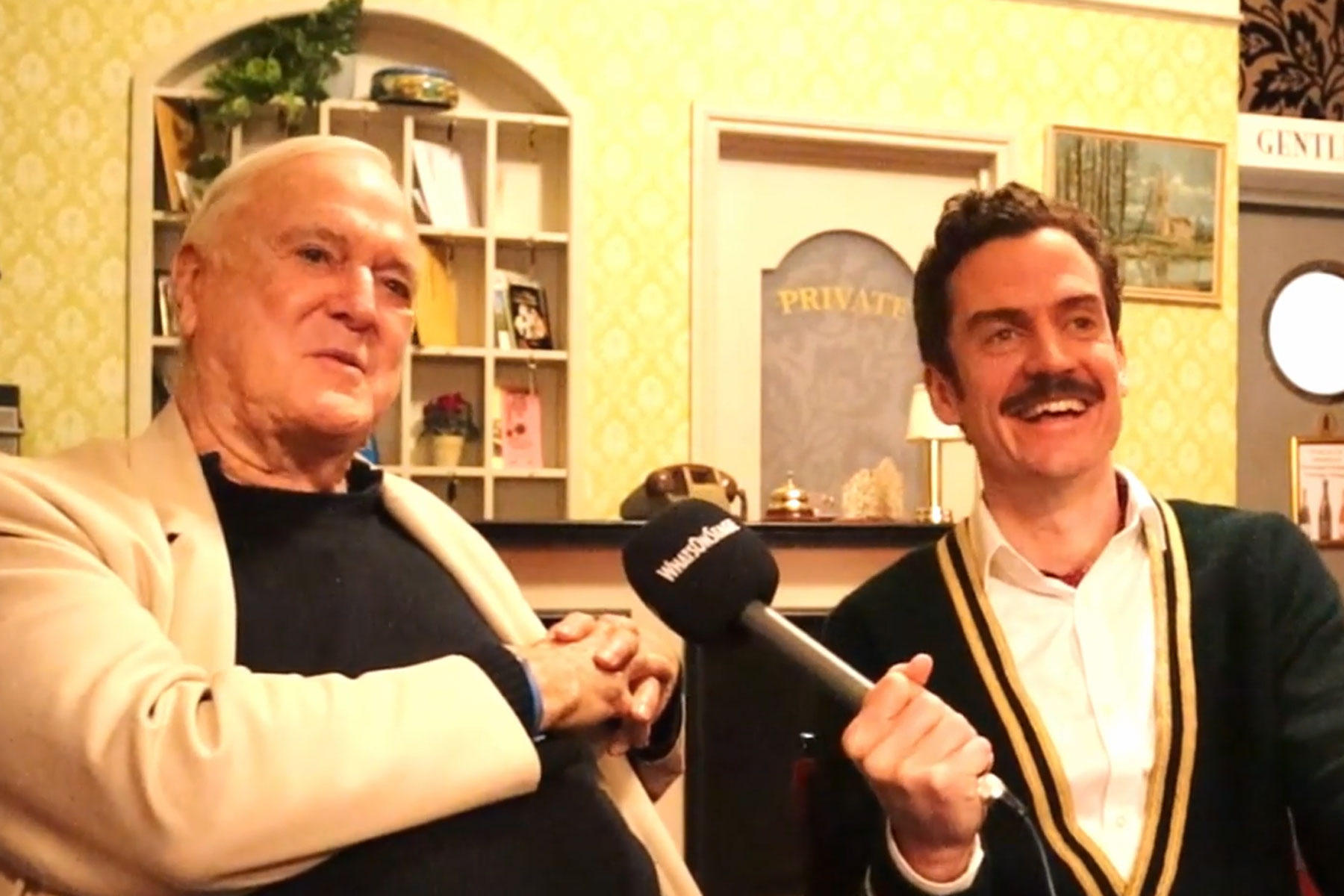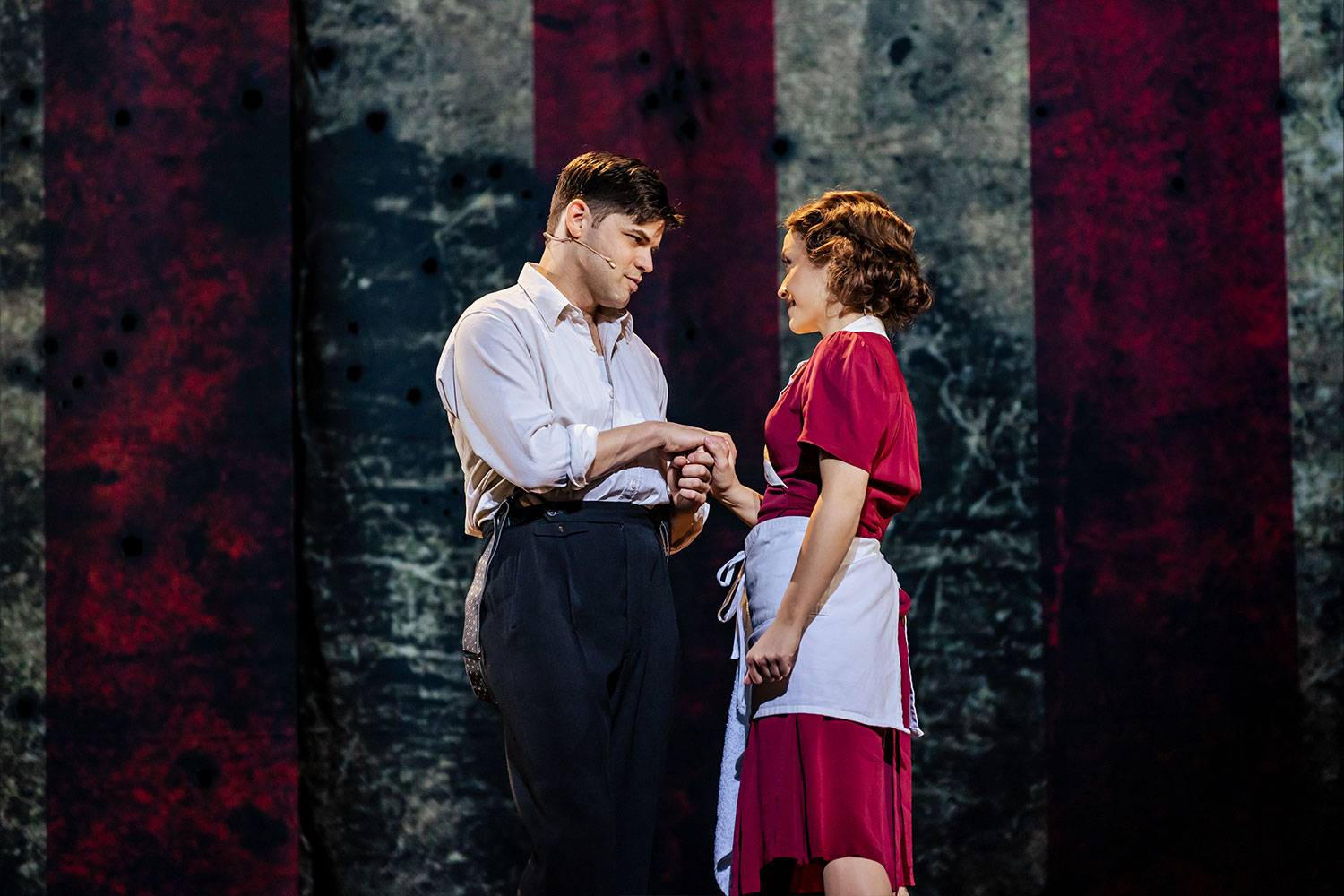Brief Encounter
Brief Encounter at the Lyric Theatre
Very soon the West End may be nothing but stage versions of former film hits. Already there’s The Graduate, The Lion King and The Witches of Eastwick, with Fame about to make its fourth West End return and Singin in the Rain threatening to return to the National for Christmas.
The new stage version of Brief Encounter is actually a throwback to the work’s theatrical origins. Before David Lean’s famous 1945 film, this was a short one-act play by Noel Coward – it has been stretched back into a two-acter for its return to the stage. But whereas others have brought a theatrical flair to their film adaptations that justifies seeing them again in a fresh light on stage, Brief Encounter’s adaptor Andrew Taylor and director Roger Redfarn have added precisely nothing, and indeed have detracted, from the cinematic experience.
Lean’s broodingly atmospheric black and white film is a moving, emotionally understated and beautifully acted account of an affair that develops between an apparently happily married doctor and a housewife. They meet at a station buffet at Milford Junction, and continue to meet over a series of chaste Thursday afternoon trysts for lunch followed by a matinee at the cinema. In its portrait of clipped English accents and emotions reined in by class and guilt, decency and reserve, it is very much of its time.
But given no new dimension 55 years later – beyond the addition of stage colour – Brief Encounter is at best a quaint period piece (the station buffet mistress with her affected refrain, ‘Cake or pastry?’, whenever anyone orders tea is amusing, especially as brought to life by Elizabeth Power), but at its frequent worst, it is ludicrously old-fashioned.
Matters are not helped by the principal casting. Christopher Cazenove has the easy charm required for the doctor, Alec, but none of the charisma that Trevor Howard displayed in the film. Worse, Jenny Seagrove brings to the role of the housewife just one, soon annoying note of glacial guilt, whereas Celia Johnson patented it so memorably with a haunted, hesitant quality that broke your heart.
But Taylor’s adaptation doesn’t give Seagrove much help either. Since all her character’s interior monologues are simply written to be heard on tape during scene changes, she has no opportunity to signify more than a strained earnestness elsewhere. She also doesn’t have the benefit of cinematic close-ups that would enable her to register flickering emotions more easily. Instead, she’s mostly blank.
As is Redfarn’s prettily designed but otherwise flaccid production – appropriately perhaps given the chaste relationship at its core. But the emotional temperature never rises to the occasion, either.



